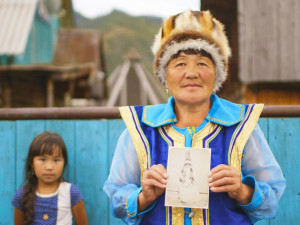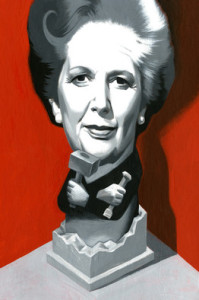Despite women’s liberation and the global rise of feminism, there is still a clear gender imbalance in politics. Which is odd since there is so much evidence that women would do it better.
If women were in charge, the refugee crisis in Europe might have played out a little differently, argued the historian Dr Amanda Foreman this weekend. ‘It’s not in the female make-up to stand there idly by while women and children die like flies on the beach.’ This, she said, is why Germany’s chancellor Angela Merkel has been most compassionate towards the desperate families seeking a new life, and has argued for a shared housing responsibility between nations.








